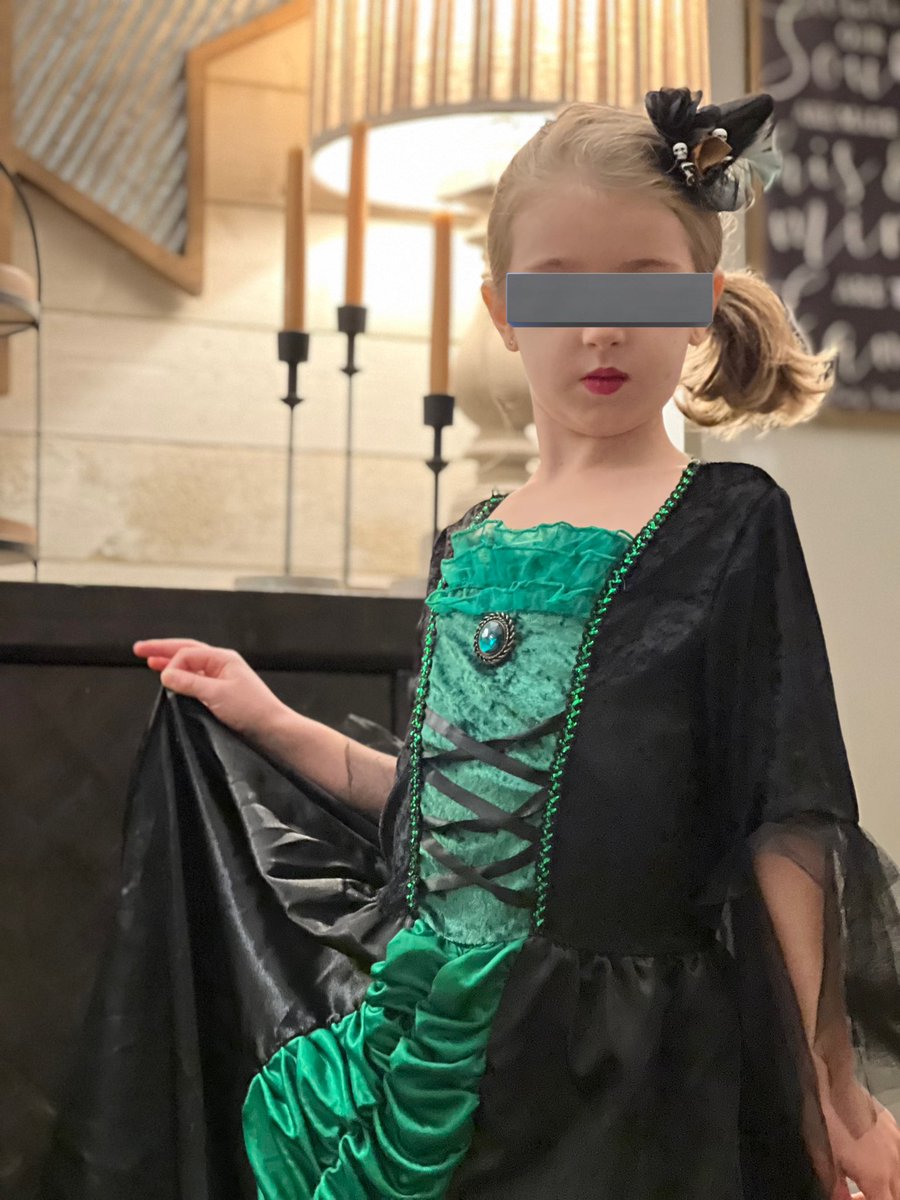


Keri Blakinger: By the end of the book you seem to come to a very cynical conclusion that there’s essentially no big difference between a cult and any other sort of organization with its own culture. But in a book dedicated to exploring the parallels between cults and all other organized group behavior, it’s also kind of the point. Saying that to a cult survivor seemed almost rude, an insensitive way of minimizing their pain. When Mestyanek Young and I talked about that during a phone call, I reminded myself to make sure to avoid using the word “cult” in the casual ways people often do, as a descriptor for any group with the slightest tendency toward intensity. Not just the story of a harrowing upbringing and its aftermath, Uncultured presents itself as an exploration of group behavior, and the ways we are prone to programming and indoctrination.

Army, it turns out, is grappling with problems not wholly dissimilar from those that plagued the Children of God: violence, misogyny and the constant fear of both. From that unsettling opening, the book follows Mestyanek Young through another decade of growing up in the notorious sex cult, a childhood spent moving from commune to commune while living in the shadow of near-constant physical and sexual abuse disguised as divine love.Īt 15, she finally broke free and ran away to Texas, landing a job at Chick-fil-A and enrolling in a Houston high school before going to college and eventually joining the military.


 0 kommentar(er)
0 kommentar(er)
